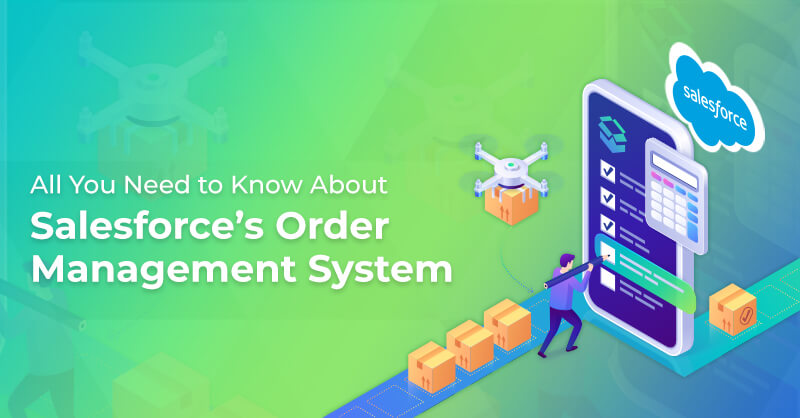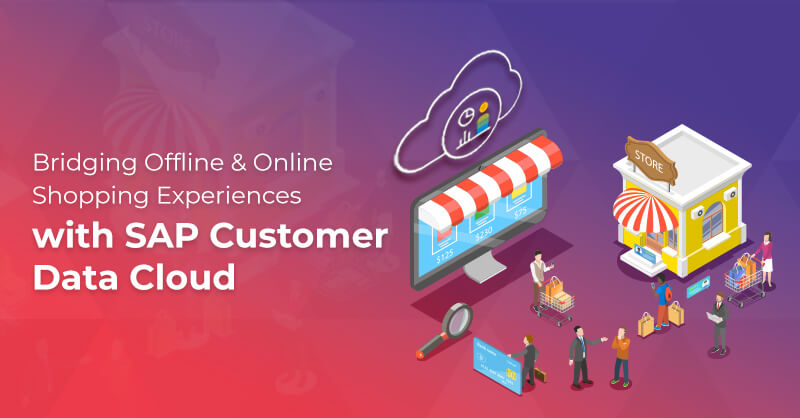Ecommerce Business Continuity Management
Written by Shamshad Azam
Manager - Business Analyst at Royal Cyber
The world has changed. Those businesses which had proper business continuity plan in place are most likely to survive and those without it will go out of business. Regardless of the size of the business - a small business or a large enterprise, business continuity planning can help us respond faster when disruption strikes and minimize the negative impact on our business.
Without a plan in place, we run the risk of being unable to continue selling and shipping products during unplanned disruptions.
Business Continuity
It is crucial to create a business continuity plan to have a resilient business. Below are some of the important things that businesses need to take seriously to stay ahead of the competitors.
Identify Objectives
Business continuity management extends beyond the IT department. It encompasses all critical business functions, including human resources, operations, public relations, and so on. The purpose of making a business continuity plan is to keep essential business processes running or reduce disruption.
Establish a Contingency Team
Select a few cross-functional managers and anyone who can contribute. Designate someone as the leader to keep things moving forward and make decisions when necessary.
Risk Assessment and Business Impact Analysis
Identify the biggest potential threats to the business, then research and analyze them in detail. Examine with the team what would happen if we have to reduce, change, or get rid of essential services or functions. Document all the identified issues and their respective impact on business.
Recognize Ecommerce Business Functions
Determine how the company will maintain critical services/functions in the event of an emergency. Here are some of the essential services and functions for which we should have a plan:
Inventory Management and Supply Continuity: Supply chain issues are common in catastrophes like pandemics (COVID), Weather event, etc. Businesses need to know whether they will have enough inventory during a disaster. Do they have an inventory management system in place to help manage inventory?
Order Fulfillment and Shipping Deadlines: It is recommended to diversify shipping providers. Moreover, ask them about the steps they take toward business continuity to gauge whether they will be able to fulfill and ship in crisis situations.
Customer Service: During a crisis, customers need transparency and support. Businesses should have a communication plan ready for the marketing and customer support teams.
Plan for Ecommerce Function/Service
An Ecommerce business relies on many parts – customers, team members, suppliers, inventory and shipping.
Organizations should have a proper plan to tackle each situation. Be prepared to switch to another supplier to make sure the business does not run out of inventory. Similarly, it is important to know the available options if the shipping partner experiences a disruption and so on.
Royal Cyber
Nothing is ever certain. Being fully aware of the level of risk and what needs to be done to keep the business moving can give a competitive edge and help mitigate any financial risk involved. Royal Cyber has an experienced and certified Ecommerce team to help you plan for your Ecommerce business continuity. For more information, please visit www.royalcyber.com



